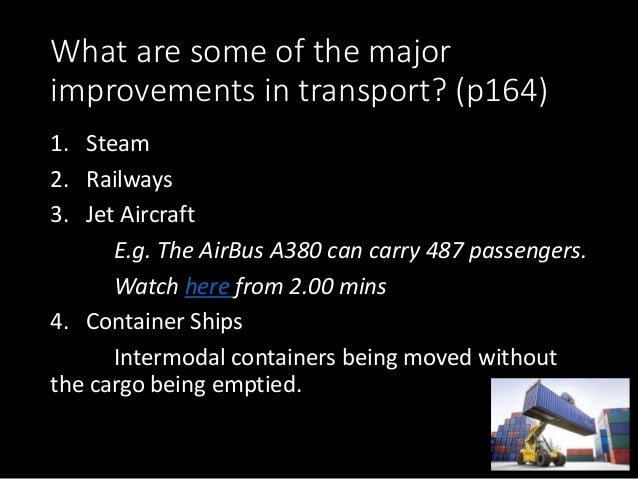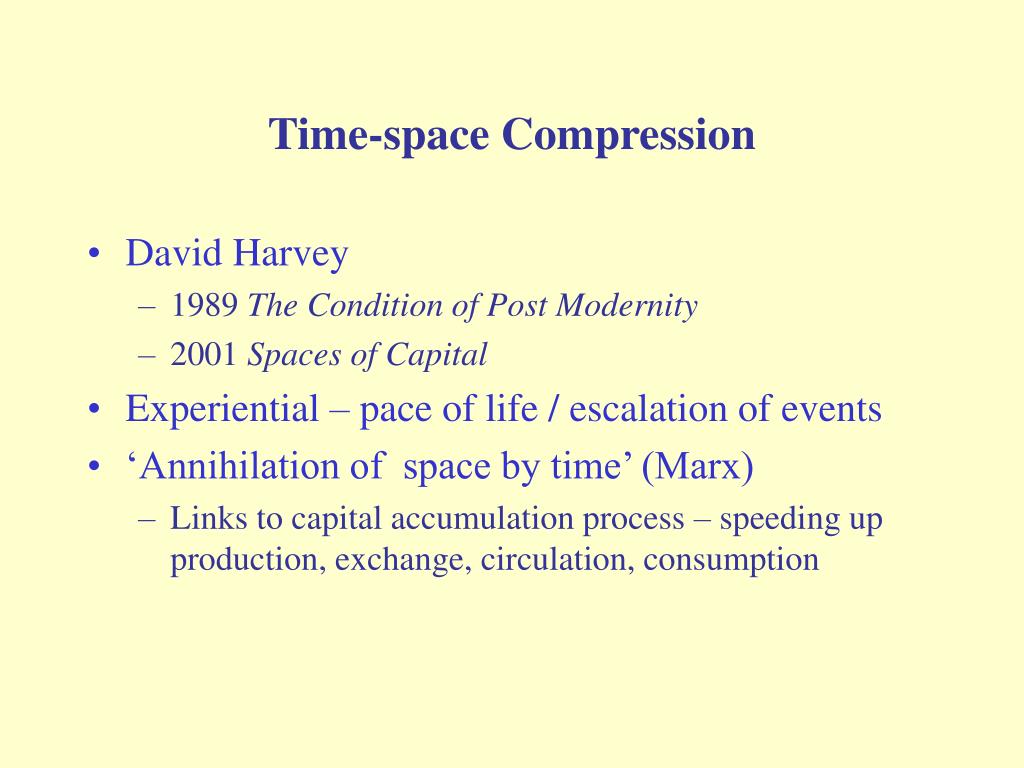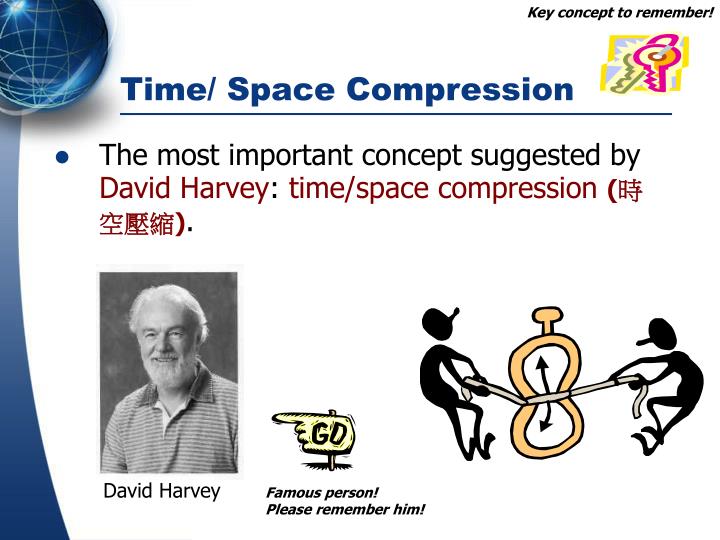
His study of Second Empire Paris and the events surrounding the Paris Commune in Paris, Capital of Modernity, is undoubtedly his most elaborated historical-geographical work. Spaces of Hope (2000) has a utopian theme and indulges in speculative thinking about how an alternative world might look. Justice, Nature and the Geography of Difference (1996) focuses on social and environmental justice (although its dialectical perspective has attracted the ire of some Greens). It is a materialist critique of postmodern ideas and arguments, suggesting these actually emerge from contradictions within capitalism itself. The Condition of Postmodernity (1989), written while a Professor at Oxford, was a best-seller (the London The Independent named it as one of the fifty most important works of non-fiction to be published since 1945, and it is cited 30,000 times by 2017). In ‘Limits to Capital’ Harvey expanded and innovated Marxist theory with respect to the functioning of money and finance, and the ‘spatial moment’ in the unfolding of capitalist crisis formation. 1980s consolidation of Marxist geography and materialist critique of postmodernismĭialectical materialism has guided his subsequent work, notably the theoretically sophisticated Limits to Capital (1982), which furthers the radical geographical analysis of capitalism, and several books on urban processes and urban life have followed it. It makes a significant contribution to Marxist theory by arguing that capitalism annihilates space to ensure its own reproduction. Harvey argued in this book that geography could not remain 'objective' in the face of urban poverty and associated ills. Harvey established himself as the leader of this subfield with the publication of Social Justice and the City (1973).

One of the most important subfields impacted by the rise of Marxist geography was in urban geography. In 1972, in a famous essay on ghetto formation, he argued for the creation of "revolutionary theory", theory "validated through revolutionary practice". The Boston Association of American Geographers meetings in 1971 were a landmark, with Harvey and others disrupting the traditional approach of their peers. The journal Antipode was formed at Clark University Harvey was one of the first contributors. Injustice, racism, and exploitation were visible in Baltimore, and activism around these issues was tangible in early 1970s East Coast, perhaps more so than in Britain. Moving from Bristol University to Johns Hopkins University in Baltimore in the US, he positioned himself centrally in the newly emerging field of radical and Marxist geography. 1970s Growth of Marxist geography and urban geography

He has never returned to embrace the arguments made in Explanation, but still he conforms to the critique of absolute space and exceptionalism in geography of the regional-historical tradition that he saw as an outcome of Kantian synthetic a priori knowledge. But after its publication Harvey moved on again, to become concerned with issues of social injustice and the nature of the capitalist system itself. His Explanation in Geography (1969) was a landmark text in the methodology and philosophy of geography, applying principles drawn from the philosophy of science in general to the field of geographical knowledge. Roots of this work were visible while he was at Cambridge: the Department of Geography also housed Richard Chorley, and Peter Haggett. In 2007, Harvey was listed as the 18th most-cited author of books in the humanities and social sciences in that year, as established by counting citations from academic journals in the Thomson Reuters ISI database.īy the mid-1960s, Harvey followed trends in the social sciences to employ quantitative methods, contributing to spatial science and positivist theory. He is a proponent of the idea of the right to the city.


Harvey has authored many books and essays that have been prominent in the development of modern geography as a discipline. He received his PhD in geography from the University of Cambridge in 1961. Harvey FBA (born 31 October 1935) is a British-born Marxist economic geographer, podcaster and Distinguished Professor of anthropology and geography at the Graduate Center of the City University of New York (CUNY). Neil Smith, Andy Merrifield, Erik Swyngedouw, Miguel Robles-Durán, the development of Marxist geography, critical geography and human geography as well as anthropology as disciplinesĭavid W. Marx, Darwin, Freud, Nietzsche, Lefebvre, Williams, Engels, Bookchin, Gramsci, Radhakrishnan Marxist geography, quantitative revolution in geography, critical geography, economic anthropology, political anthropology, right to the city, time space compression, accumulation by dispossessionĪnthropology, geography, political economy, social theoryĪspects of agricultural and rural change in Kent, 1800–1900 (1961)


 0 kommentar(er)
0 kommentar(er)
